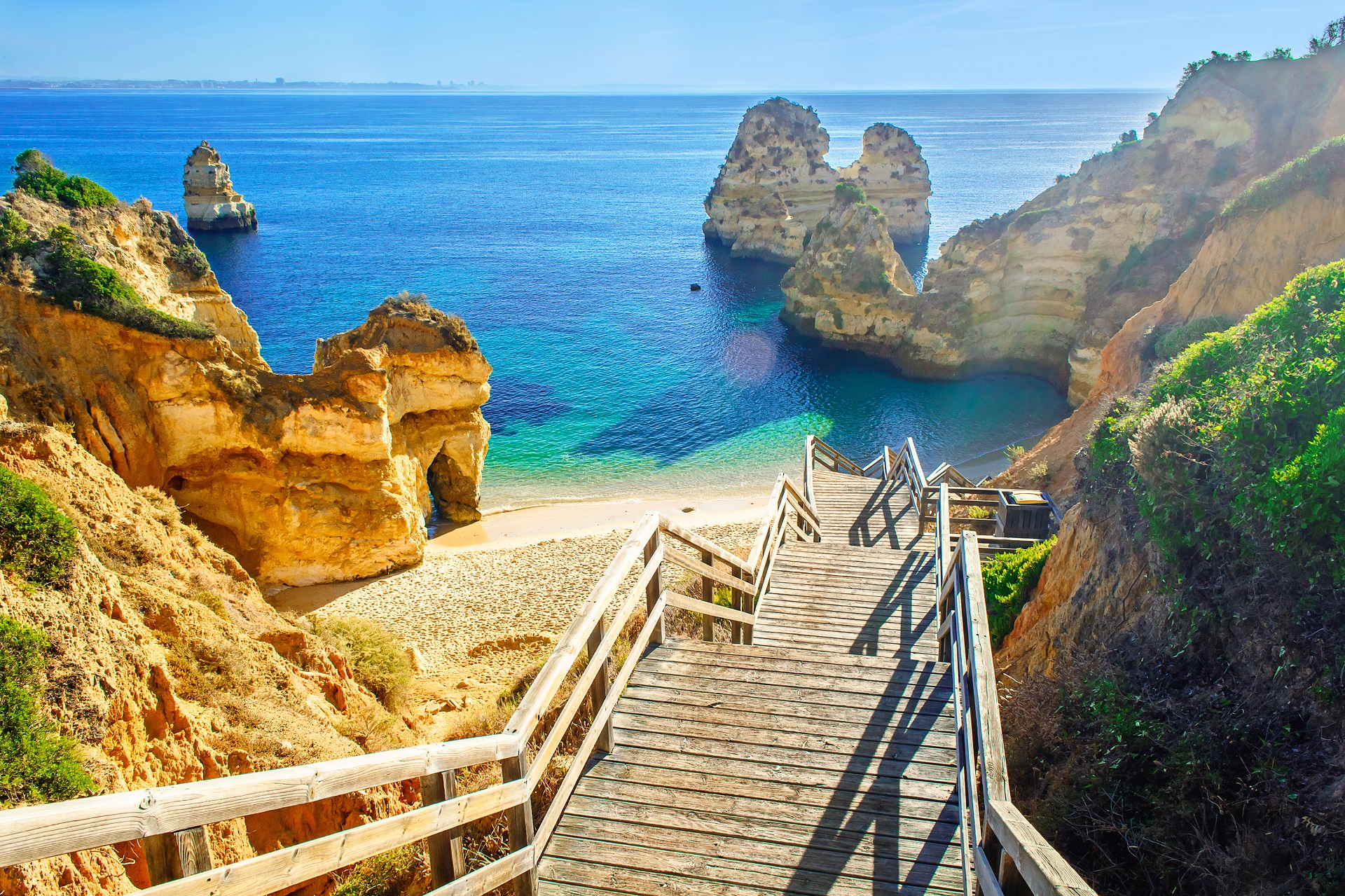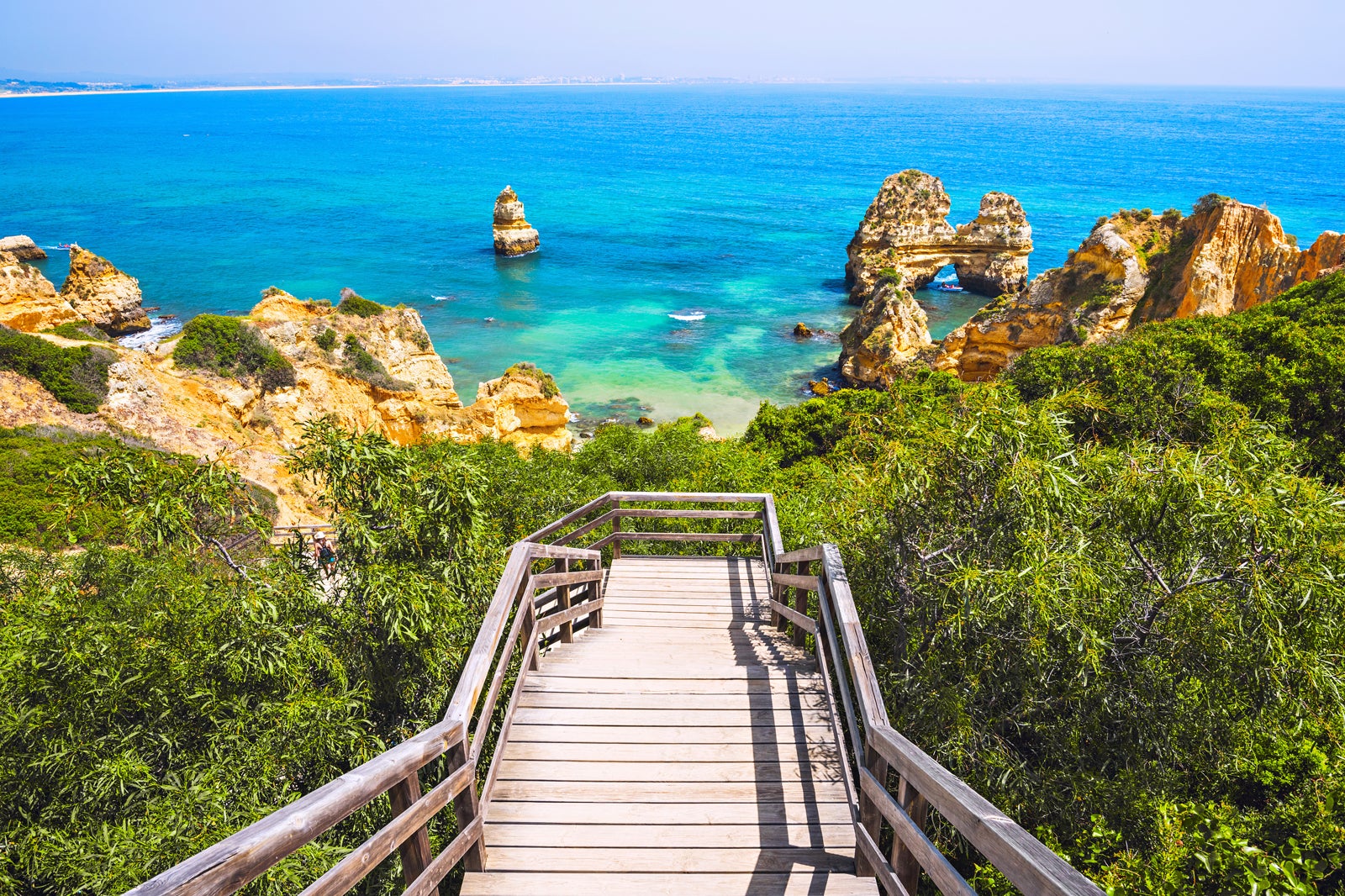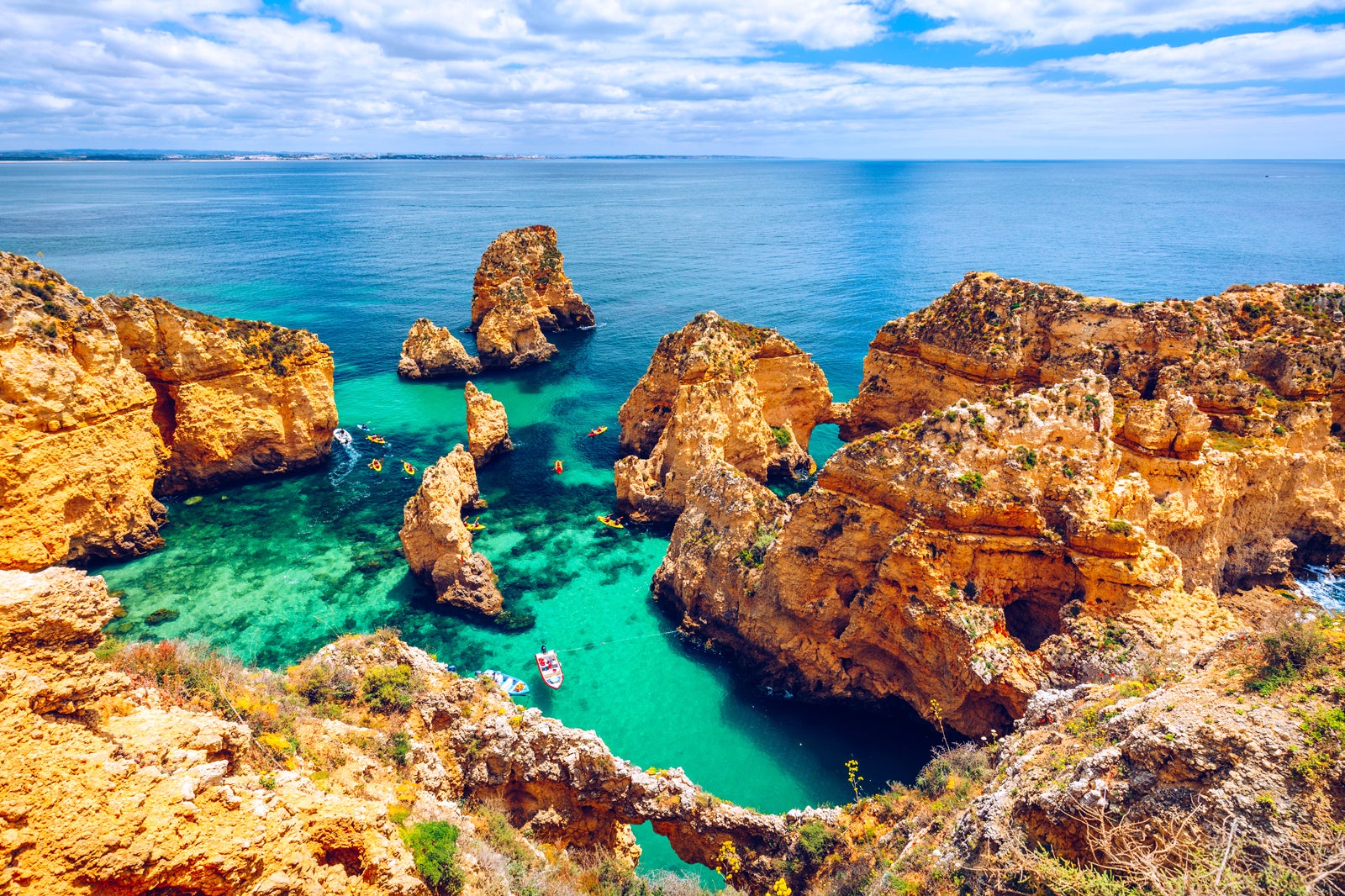When you think about major cities in Africa, the name Lagos often comes up, and for very good reason. This truly significant urban area, you see, holds a special place on the continent's map, drawing people and activity from far and wide. Knowing its exact spot, where it sits in the world, helps us understand so much more about its character and its daily rhythm. It’s a question that, quite honestly, opens up a whole picture of West Africa.
People often ask "where is Lagos located?" because this city has grown into such a prominent place. It is a city that, in a way, feels like a pulse point for a whole country, and indeed, for a large part of Africa. This article aims to give you a very clear picture of its geographical position, helping you to visualize its place on the globe and its connection to the surrounding areas.
From its coastal reach to its spread across islands and the mainland, the placement of Lagos is a key part of what makes it what it is. We'll explore its precise coordinates, its relationship to the water, and even its neighboring communities, giving you a full sense of its home. You'll also get a glimpse into its important role as a financial hub and a center for cultural expression, all tied back to its unique spot on the map.
Table of Contents
- Lagos: A Major African Hub
- Pinpointing Lagos on the Map
- Coastal Connections
- Islands, Lagoon, and Mainland Sprawl
- Neighboring Places
- Lagos's Role and Rhythm
- A Financial Heartbeat
- The Sounds of Lagos
- A City of Growth and People
- Life in Lagos: Everyday Details
- Frequently Asked Questions About Lagos
Lagos: A Major African Hub
Lagos, a truly considerable urban area, stands as a very notable symbol of growth and a kind of steady strength in Africa. It's recognized as one of the most populous and active cities across the entire continent. You know, when you consider the sheer number of people living and working there, it’s quite a significant place. This city, in some respects, serves as a central point for many different activities.
It is, quite simply, the largest city in its country. This means it holds a very important position within the nation, acting as a center for many things. The sheer scale of Lagos, how it stretches out and encompasses so much, really shows its importance. It's a place that continues to develop, showing a steady expansion that captures the attention of many.
The city's size and the number of people who call it home contribute to its very lively atmosphere. It's a place that, you could say, never truly sleeps, always buzzing with activity. This constant movement and the many people who live there are a big part of what makes Lagos such a compelling spot on the African continent, a place where things are always happening, more or less.
Pinpointing Lagos on the Map
So, where is Lagos located with real precision? This is a question that gets to the heart of understanding the city. It sits squarely within Nigeria, a country in West Africa. Specifically, it is positioned in the southwestern region of Nigeria, which gives it a direct link to the coast. This coastal placement is, as a matter of fact, a key part of its identity and its economic importance.
Its geographical coordinates, if you were to look them up on a map, show its exact spot. This city is situated along the Gulf of Guinea, which is a very large and important body of water off the Atlantic coast of Africa. This particular location, right on the water, gives Lagos a strategic advantage, especially when it comes to things like trade and transport. It’s a port city, which means it handles a lot of goods coming in and going out by sea, very much a hub for such activities.
Coastal Connections
The city’s connection to the water is very strong. It is positioned on the coast of the Gulf of Guinea, which itself is part of the larger Atlantic Ocean. This proximity to the sea means that Lagos has always been, and still is, a significant maritime center. Its coastal setting also places it quite near to its country's border with Benin, another nation in West Africa. This closeness to a neighboring country adds another layer to its geographical importance, making it a gateway of sorts for regional connections.
Furthermore, the city’s heart, in a way, is tied to the Bight of Benin, which is a large bay or indentation of the Gulf of Guinea. This specific part of the coast helps shape the city's natural surroundings. Being along the Atlantic coast means it experiences the influences of ocean weather and the benefits of sea access. It's a location that, you know, really emphasizes its role as a key point for sea-based activities and interactions with the wider world.
The city occupies a very strategic geographical spot. This isn't just about being on the water; it's about being on *this* particular part of the water, which allows for good connections to other places by sea. The fact that it's a large port city in southwestern Nigeria highlights how vital its coastal placement is. It's a place where, pretty much, the land meets the sea in a very impactful way for commerce and travel.
Islands, Lagoon, and Mainland Sprawl
Lagos is not just a single landmass; it spreads out across different geographical features. The city is, actually, quite famously built across two main islands and then extends onto the mainland. This unique layout, with water bodies crisscrossing through it, is a defining characteristic of Lagos. It’s not just a city on the coast; it’s a city that truly embraces its watery surroundings.
The city's population, for instance, is largely centered on Lagos Island. This island is a very key part of the city's historical and commercial life. This particular island sits within the Lagos Lagoon, which is a large, shallow body of water separated from the Atlantic Ocean by a narrow strip of land. This lagoon system provides a natural, sort of, internal waterway network within the city.
A specific example of this island and lagoon arrangement is a terminal that was commissioned on August 30, 2018. This terminal is located on the lagoon, precisely between Lagos Island and Victoria Island. This detail shows how the city uses its natural water features for practical purposes, like transportation and business. The way the city expands, from these islands onto the larger mainland, gives it a very diverse feel, with different areas having their own distinct characteristics, you know, kind of like a collection of smaller communities all linked together.
Neighboring Places
Understanding where Lagos is located also means knowing what other places are nearby. The city isn't isolated; it's part of a network of communities. For instance, places like Makoko, Ikeja, and Ebute Ikorodu are all quite close to Lagos. These areas are, in a way, part of the larger metropolitan fabric that surrounds the central city. They contribute to the overall population and activity of the region.
Looking a little further out, other significant cities are within a reasonable distance. Ibadan, for example, is about 110 kilometers away from Lagos. This makes it a relatively short journey, considering the size of the country. Then there's Benin City, which is a bit further, around 179 kilometers from Lagos. These distances give you a sense of how Lagos connects to other major urban centers in the country, showing its position within a broader regional context.
Another city mentioned in relation to Lagos's proximity is Onitsha. While a specific distance isn't given for Onitsha, its mention suggests it's part of the network of cities that interact with Lagos. These connections highlight Lagos's role as a hub not just for its immediate surroundings but also for a wider area, serving as a point of access and interaction for many communities, literally connecting different parts of the country.
Lagos's Role and Rhythm
Beyond its exact spot on the map, Lagos holds a very significant role within Nigeria and across Africa. It's not just a place; it's a dynamic center of activity and influence. This city, you know, has a certain energy that comes from its various functions and its large population. It's a place where many different aspects of life come together, creating a unique urban experience.
The city stands as a notable symbol of growth and resilience across Africa. This means it has faced challenges and continued to develop, showing a strong ability to adapt and move forward. Its status as a megacity isn't just about its size; it’s about its impact and its ongoing transformation. This makes its location even more important, as it’s a strategic point for this kind of regional development.
A Financial Heartbeat
Lagos holds a very important title: it is the financial capital of its country. This means that a lot of the nation's economic activity, banking, and business operations are centered there. It's a place where money moves, deals are made, and economic decisions are often shaped. This role as a financial hub contributes significantly to its overall importance and its constant activity, pretty much making it a powerhouse for business.
The presence of offices, banks, and ATMs throughout the city points to its strong economic focus. These are the kinds of facilities you'd expect in a financial capital, supporting the flow of commerce and daily transactions. It’s a place where, basically, the economy is very much alive and well, driving a lot of the city's day-to-day operations. This financial strength is a key part of what makes Lagos such a compelling and active urban area.
Its strategic geographical position, being a large port city, also supports its financial standing. A port city naturally becomes a center for trade, and trade, of course, fuels financial activity. So, the location of Lagos, right on the coast with good access to sea routes, directly contributes to its role as a major economic driver for the country and, indeed, for the region. It’s a very integrated system, you know.
The Sounds of Lagos
Lagos is also quite well-known throughout Africa for its music scene. This isn't just a small part of the city; it's something that gives Lagos a very distinct cultural identity. The music from Lagos, in a way, echoes across the continent, bringing with it a sense of the city's energy and creativity. It's a place where artistic expression, particularly through sound, truly flourishes.
This fame for its music suggests a lively cultural atmosphere. It means there are places where music is performed, where artists gather, and where new sounds are created. This aspect of Lagos adds to its reputation as a dynamic and influential city, going beyond just its economic or geographical features. It shows that the city is a place where culture is very much alive and constantly evolving, literally a hub of creative energy.
The music scene contributes to the overall vibrancy that people associate with Lagos. It's a part of what makes the city feel alive and full of character. This cultural output helps define Lagos as a place that offers more than just business opportunities; it offers a rich and engaging cultural experience for those who live there and those who visit. It’s a very significant part of what makes Lagos, well, Lagos.
A City of Growth and People
Lagos is the most populous city in Nigeria, a fact that really shapes its character. This means a huge number of people call this city home, contributing to its constant activity and diverse communities. The city has spread out considerably, encompassing two main islands and extending onto the mainland, which is a testament to its ongoing growth and expansion. This kind of sprawl is common for very large urban centers.
While it is no longer the country’s capital, having been replaced by another city, its importance has not lessened. It remains a central point for many aspects of Nigerian life, particularly in terms of population and economic activity. The city’s population, as mentioned, is quite focused on Lagos Island, which acts as a historical and cultural core. This concentration of people on the island, within the Lagos Lagoon, helps give the city its unique feel.
As a large port city in southwestern Nigeria, Lagos is also one of the most rapidly developing cities in the whole African region. This rapid development means that the city is constantly changing, with new structures and opportunities emerging. This growth, you know, shows a forward momentum, making Lagos a place of ongoing transformation and a key player in the development of the continent. It’s a city that’s always moving forward, at the end of the day.
Life in Lagos: Everyday Details
When considering where Lagos is located, it’s also helpful to think about the everyday details that shape life there. The city provides a wide range of services and facilities for its vast population. For instance, information about Lagos often includes details about where to find banks and ATMs, which are, of course, essential for daily financial needs. This practical information helps people navigate the city and access necessary services.
Beyond financial services, the city is equipped with numerous offices, schools, and hospitals. These institutions are vital for the functioning of any large city, providing education, healthcare, and various administrative services to its residents. The availability of such facilities across Lagos highlights its comprehensive infrastructure, designed to support a very large and active population, as a matter of fact.
The city operates within the Africa/Lagos time zone, which is GMT+1. As of a recent check, the time was 07:27 pm on a Wednesday, showing its specific place in the global time system. This detail, while small, helps to ground Lagos in the present moment. Furthermore, a specific terminal located on the lagoon between Lagos Island and Victoria Island was commissioned on August 30, 2018. This kind of specific detail, you know, helps to paint a more complete picture of the city’s development and infrastructure, showing its ongoing progress.
Frequently Asked Questions About Lagos
Is Lagos a city or a state?
Based on the information, Lagos is described as the largest city in Nigeria and the most populous city in the country. It is also referred to as a "megacity." The text consistently refers to Lagos as a city, rather than a state, although it does mention its spread across islands and onto the mainland, which could imply a larger metropolitan area.
What body of water is Lagos on?
Lagos is located on the coast of the Gulf of Guinea. It is also situated on the Bight of Benin, which is part of the Gulf of Guinea. Additionally, the city's population is centered on Lagos Island, which is in the Lagos Lagoon, showing its connection to various water bodies, you know, all part of its coastal identity.
Is Lagos the capital of Nigeria?
No, Lagos is no longer the country’s capital. The city was replaced as the capital, though it remains its largest and most populous urban area, and its financial capital. This change in capital status, pretty much, reflects a shift in administrative focus for the nation.
To learn more about Lagos, you can explore detailed geographical information on a site like this external resource about Lagos. You can also learn more about Lagos on our site, and link to this page Discover Lagos's rich history here.



